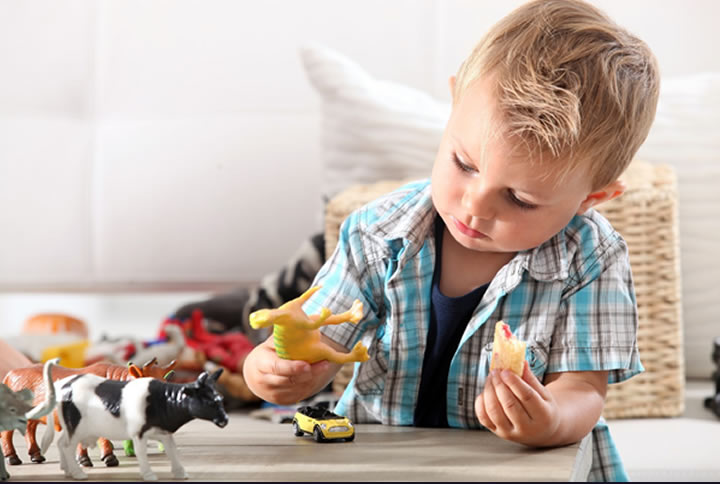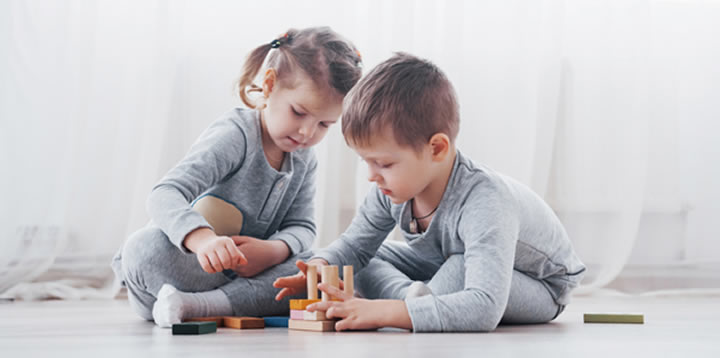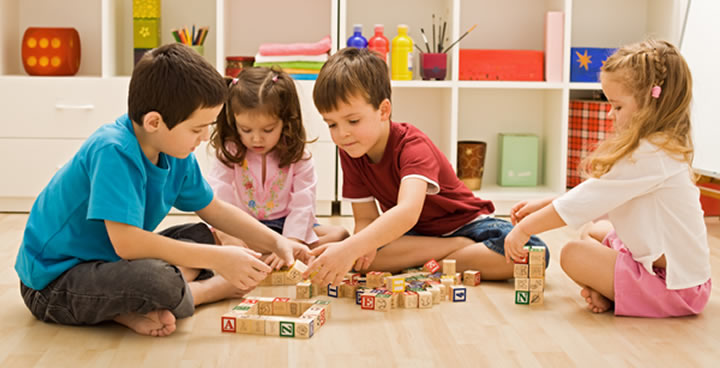Unless your children live in Neverland, they have to grow up. This means that they would eventually need to learn to play by themselves without your 24/7 supervision. This is actually a really practical question because every mother is constantly occupied with juggling chores, taking care of her kids, and finding some alone time. If you manage to successfully teach your kids to entertain themselves and stay safe at the same time, you’ll see that it will significantly improve the lives of the whole family. Here are 10 tips that would help you to achieve the most satisfying results:
Remember that your child still needs attention
Social interaction, support, and bonding over entertaining or educational activities are crucial to maintaining healthy relationships in the family. Playing and learning are way more fun when you don’t have to do it alone. Thus, don’t just deprive children of your company, spend enough time with them, so they wouldn’t miss you when they are on their own.
Inspire them to engage in the activity
Usually, kids are very creative and imaginative, but it wouldn’t hurt to stimulate their thinking with some ideas on the activities they could try. If they are stuck, don’t leave them hanging, initiate a game yourself. When they get involved it would be easy for you to leave, and they wouldn’t even notice.
Refrain from interrupting
Imagine being caught up in something genuinely interesting but someone keeps interrupting you with comments and requests. Of course, children dislike this annoying behavior as much as grown-ups do. Plus, it is harder for kids to keep concentrated. Hence, be respectful and don’t interfere.

Learn to distinguish important needs from capricious requests
If the kids are hurt, got cold, broke something, or need your help solving a puzzle, you certainly must not leave it without attention. But if it is the 10th request to change a doll’s dress in the last 15 minutes, it is probably better to continue to do what you’re doing.
Do not forget to show support and encourage
We all strive for appreciation, and children are not an exception. Hence, it is nice to check and comment on their work from to time. For instance, if you tell them something like: “Animals on your wooden farm look exceptionally happy today, I bet you’ve been taking good care of them”, it would stimulate them to get even more engaged.

Choose toys and activities that would occupy kids for a long time
Every parent knows how easily kids get bored. But with time you’ll learn what playthings and activities occupy your children more than the others. Some like to paint, while others would prefer to launch a toy spaceship. Anyway, you definitely should try wooden animal sets. They contain plenty of colorful and realistically-looking species to study.
Always keep the right distance
Of course, it is crucial to let your kids know that you’re not monitoring or following them, instead, you trust them to be independent. Still, it will make all of you feel safer if you stay close enough to be available in case something happens.
Keep in mind that almost any mess can be cleaned up afterward
Sometimes children can create real chaos when they play. But unless potential damage is significant it is better to spend a few minutes picking up toys than ruin the mood with your complaints.

Children learn, just give them time
Don’t expect your kids to stay unattended for a long time if they are not used to it. First, you need to start with really short periods of time and prolong them as they get accustomed to this. They are human beings, and they need time to adapt.
Do not hesitate to intervene if things start to get out of control
Freedom doesn’t mean a complete lack of control. If things got heated between your children, or someone just got too much caught up in a game, it is essential for you to step up. Otherwise, the consequences can be destructive.

